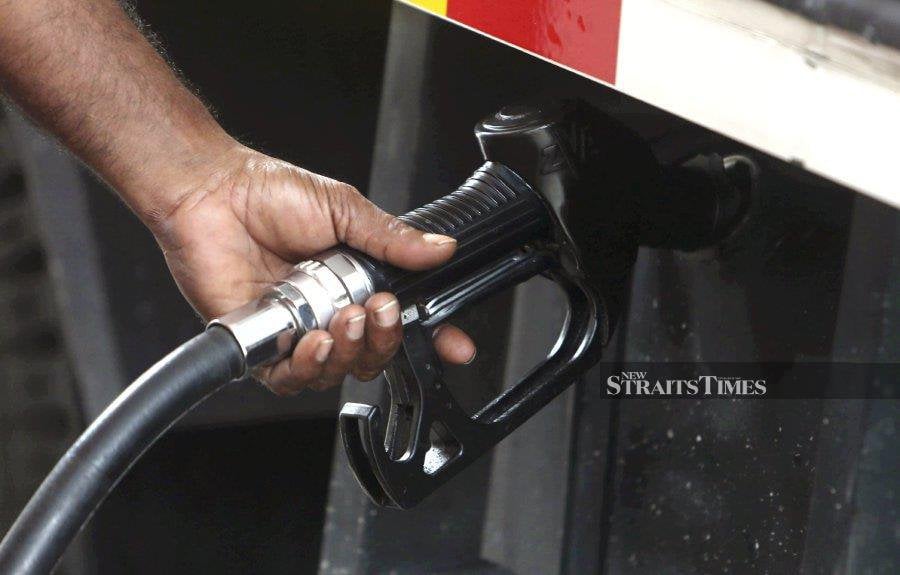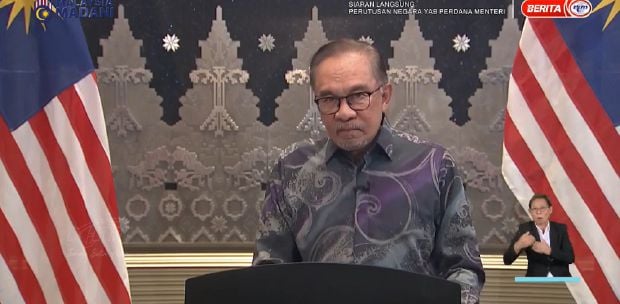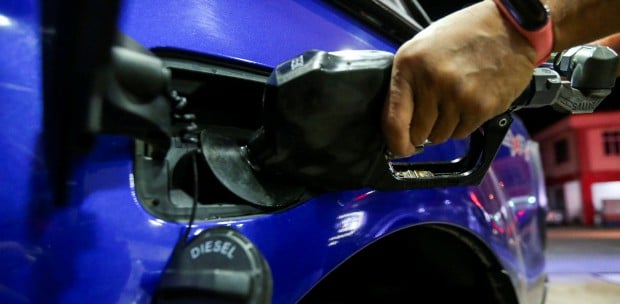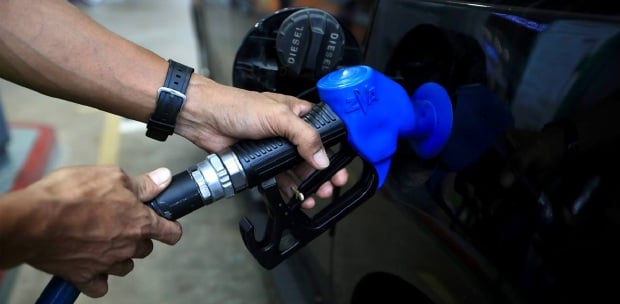GEORGE TOWN: The fuel subsidy rationalisation policy must be implemented and there must be no U-turn because of pressure from vested interests and political groups, the Consumers' Association of Penang (CAP).
CAP president Mohideen Abdul Kader said government leaders must bite the bullet when implementing policies perceived to be unpopular but which, in the long-term, would make our economy more resilient to benefit the people and the nation.
"Beginning with targeted subsidies for diesel fuel is the right move.
"Subsidies must be for those in need and not for everyone regardless of their economic status.
"By implementing this rationalisation policy, the government will have at its disposal RM4 billion – one well-known economist estimates RM8 billion – for economic development and social welfare.
"The recipients of subsidies must be empowered so that, after a period, they can stand on their own feet and not be dependent on handouts," he said today.
Elaborating, Mohideen said the implementation of the policy must be closely monitored to ensure that there were no leakages and abuses.
The subsidies, he pointed out, must go to the targeted individuals, groups and businesses and not be hijacked by corrupt elements.
"Any weaknesses in the implementation must be attended to immediately and corrected.
"There must be a dedicated desk in the relevant ministry to monitor the implementation and to deal with problems and complaints from affected parties.
"The Domestic Trade and Consumer Affairs Ministry must monitor the prices of goods and services sold to the public to prevent profiteering by unscrupulous traders from taking advantage of the removal of diesel fuel subsidies," he added.
According to economic experts, Mohideen said, it would have only a minimal effect on the cost of doing business.
"Therefore, there is no justification for hiking up prices.
"Firm action must be taken against the profiteers, including prosecuting them and cancelling their licenses," he stressed.
Based on the experience gained from implementing the removal of diesel fuel subsidies, Mohideen said the next move should be the rationalisation of RON 95 petrol subsidies which will produce larger savings for the government.
He said vulnerable groups affected by the fuel rationalisation policies could be given financial assistance to meet the increased costs.
Fuel subsidies, including diesel, amount to a whopping sum of RM60 billion annually which is 1.5 times the amount allocated for healthcare, around RM40 billion, in the 2024 budget.
A modern 1,000 bed hospital costs between RM1.3 to RM 1.4 billion.
"Just imagine what we could do with the savings from removing subsidies – better equipped hospitals and vastly improved healthcare," he said.
The price of Malaysia's subsidised petrol (RON 95), according to Mohideen, makes it the cheapest among nine of the Asean member countries.
"The petrol price in Malaysia is 47.44 per cent less than that of Indonesia (RM3.90) and 54.24 per cent less than that of Vietnam (RM4.48).
"Our GDP per capita is 13.31 thousand, Thailand 7.81 thousand and Vietnam 4.62 thousand.
"Blanket subsidies are not sustainable as they stress the country's coffers. In 2020, the government spent RM4.66 billion on total subsidies, RM13.13 billion (2021) and close to RM80 billion (2022), which has been described as the 'highest in history'.
"With the savings on fuel subsidies, the government should improve public transportation which is generally lacking in the country, ensuring frequent services as well as an efficient feeder bus system for greater convenience to the commuters. This will reduce the number of private cars on the roads leading to energy saving and reducing environmental pollution," he said.
It was reported that diesel subsidies for certain groups in Peninsular Malaysia were discontinued starting 12am Monday.






